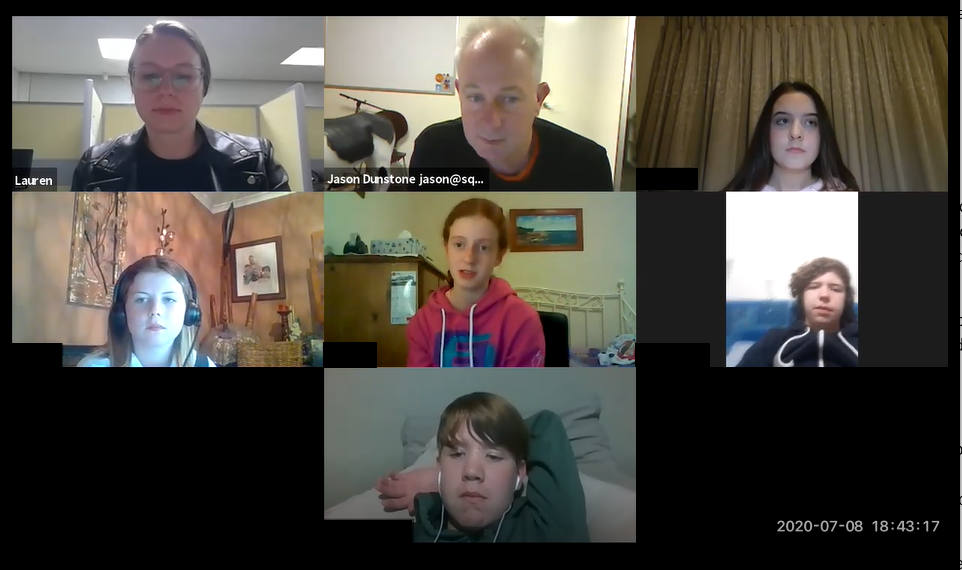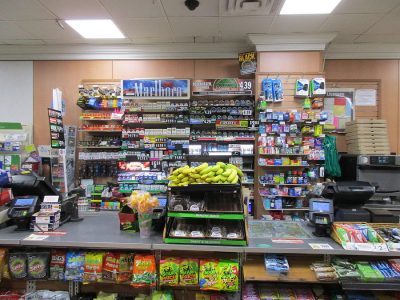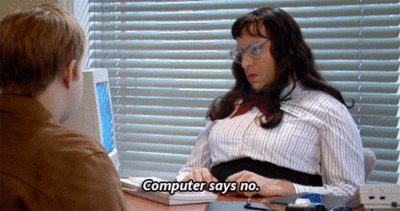Scepticism of big brands (Secondary school kids)
Six teens took time out of their school holidays to speak with Square Holes about their perspective on brands and advertising.
Between social media, gaming, and streaming content, these teens are exposed to massive amounts of advertising. As expected, it gets old …
“I watch a lot of educational YouTube content because I’m a bit of a nerd. And there are four or five brands that promote on every YouTube channel ever. They’re Honey, Squarespace, Skillshare and NordVPN. And I get to see those over and over and over again. They’re just promoting everywhere.”
Although they have become experts at critically evaluating content, especially when it comes to influencers and advertising claims …
“With well known celebrities, you know they’re getting paid money for wearing something. It doesn’t necessarily mean it’s a good product. But a lot of people ignore that and straightaway will think they need to get it.”
“With clothing brands, people will generally say they’re better. You have a $5 shirt and a $20 shirt, and the only difference is a label even if they are the same. People tend to think the brand is a lot better, which is not always the case.”
From a young age, they learned how to investigate appropriate business practices …
“I don’t really like Nike because we had to do research as part of school… They’ve stopped doing it now, but they were [using] sweatshops in Indonesia. They were paying the workers only $2 and I think their rent was $0.75. So they only had $1.25 to live on… Then you see certain celebrities that wear one Nike product or star in one Nike ad and they make a million dollars.”
“With certain local businesses, you can ask about how they make their things and how they do things. Smaller businesses might be more ethical compared to bigger businesses and have more fair trade. So that might attract more people to those businesses.”
They also have a good grasp on the benefits and challenges of buying local …
“Australian made should matter, because Australian-made products give jobs to people. They improve our economy because we rely heavily on China or Indonesia and places like that. But there are other issues that come with that because they have low labour costs there so more products would be more expensive if we were to make them all here.”
“I would say it really depends on the product. for example, food definitely matters because farming in Australia is one of our biggest sectors. So if we’re buying overseas food, what’s the point of that? But I think people think things are Australian but they’re not actually Australian.”
These teens are already asking the big questions, and are undoubtedly poised to find the solutions as they become leaders and businesspeople in the future.
Square Holes is investigating the role of brands, big and small, in a post-COVID world. Read our previous discussion series on behaviour changes during the COVID-19 crisis.




